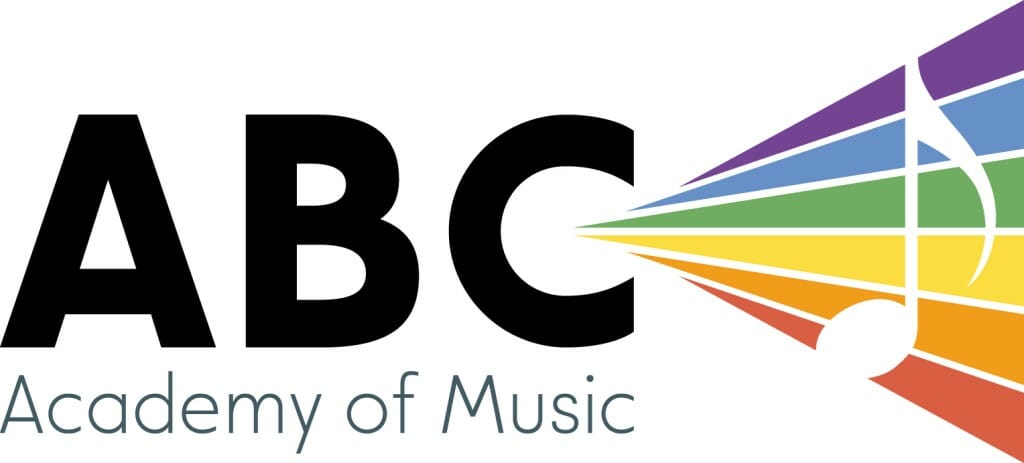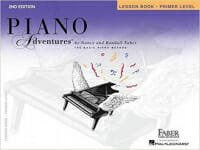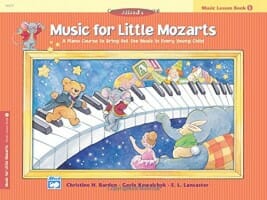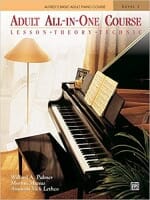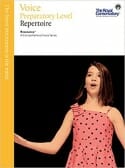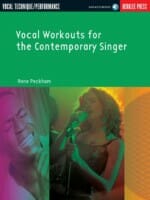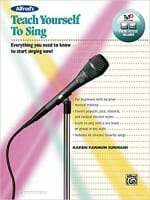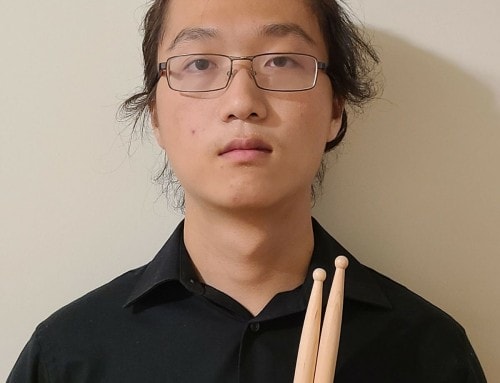Bachelor of Fine Arts (York University)
Katie Thurman is a singer, pianist, accompanist, and teacher based in Toronto. Her passion for music has been with her since childhood, and she is excited to have recently completed her undergraduate degree in music at York University.
Trained classically in piano, she continues to explore other styles including pop and jazz, as well as write her own compositions. Her vocal training is in both classical and musical theatre styles, as well as lengthy choral experience both in and out of school.
Katie spent 6 years singing with WIBI A Cappella, a collegiate-based group, during her time at York, and is proud to have competed with them twice in the ICCA (the very competition the Pitch Perfect films were based on!). Currently, she sings with the Toronto-based That Choir.
Katie loves all types of music, but spends most of her time listening to pop, indie, and alt-pop records.
Katie also writes her own songs and is working towards putting together an EP. Aside from music, Katie’s other passions include baking, film, and psychology. She loves teaching and is always pushing herself to grow pedagogically and musically!
Get to know Katie…Beyond the Bio!
Hobbies: baking, watching movies/TV, writing, yoga, hiking
Musical influences: Classical: Natalie Dessay, Maria Callas/Pop: Arcade Fire, Lana Del Rey, BANKS, Florence & the Machine, Rhye
Favourite food: Pasta
Least favourite food: Seafood
Favourite music: pop & alt-pop, indie/folk, dance, and all things Celtic
Favourite song: currently “Favourite Boy” by Half Moon Run
Favourite movie: Eighth Grade
Favourite movie music: A Single Man, music composed by Abel Korzeniowski?
Favourite musical theatre/opera: Les Misérables
Best quote from your teacher: Vocal teacher: “Just go for it! We want to hear ‘Katie-and-a-half'”.
Favourite quote: Motivation comes from work
Favourite book: The Handmaid’s Tale
Best thing about teaching at ABC: I like sharing my knowledge with students, and I learn from them too!
Latest Homework from Katie
Is Katie Your Teacher?
Sign up now to get your weekly assignments delivered, and never lose your homework sheet again!
Assignments from June 14th
Hello Everyone!
Friendly reminder that summer lesson registration is open! If you are interested in continuing through the summer you should be able to register through Opus, otherwise Barnaby would be happy to help fit you into my summer schedule. Fall registration is also open! If you are taking the summer of, but would like to keep your time slot for the fall, register ASAP!
Vida:
I missed you today! Continue to practice Under the Sea, the Lochness Monster, and the chords for Ed Sheerhan’s I Don’t Care. I look forward to seeing you next week.
Berke:
For this week try practicing the entirety of Mozart’s Minuet in F Major hands together! As you put this together remember to isolate any bars you struggle with or phrases that have problem areas. Review these sections hands separately before going back and trying the phrase again hands together. I’ve also uploaded a sight-reading worksheet for you. Using coloured pencils, crayons, or markers, colour code the notes you see in the two phrases. Your starting note is a D! Choose a colour for D and circle or colour in every D that appears in the two phrases with that chosen colour. Repeat the process with the other to notes. After you have colour -coded the notes, you can write in the letter names underneath in the corresponding colour. We will review our lesson on the circle of 5ths and different key signatures next week. You can find the sight-reading worksheet here.
Thank you everyone!
I’m looking forward to hearing how you will progress in our final few classes of the spring semester!
Happy Practicing!
Preferred Books for Katie’s Students
Click to buy them here, and they’ll come right to your house! What could be easier?
Faber & Faber Piano Adventures
The 2nd Edition Primer Lesson Book introduces the keyboard, note values, and the grand staff. Students play in C 5-finger scale patterns, develop recognition of steps and skips, and learn letter names independent of finger number. Musicianship is built through the use of dynamics and coloristic experimentation with the pedal. The book is organized into units which represent the major concepts and skills. As new units are introduced, earlier concepts and skills are constantly reviewed.
Alfred's Adult Basic All-In-One
Alfred’s Basic Adult All-in-One Course is designed for use with a piano instructor for the beginning student looking for a truly complete piano course. It is a greatly expanded version of Alfred’s Basic Adult Piano Course that will include lesson, theory, and technique in a convenient, “all-in-one” format. This comprehensive course adds such features as isometric hand exercises, finger strengthening drills, and written assignments that reinforce each lesson’s concepts. There is a smooth, logical progression between each lesson, a thorough explanation of chord theory and playing styles, and outstanding extra songs, including folk, classical, and contemporary selections.
RCM Voice Repertoire
A Comprehensive Voice Series serves as the official resource for voice assessments of the Royal Conservatory Music Development Program. Featuring an outstanding selection of voice literature and supporting materials, this series offers a truly enriched learning experience to help ensure student success. As in previous editions, Resonance encompasses a rich and varied selection of Repertoire, Vocalises and Recitatives that students of all ages and voice types will find appropriate to their musical interests and level of technical ability.
Vocal Workouts for the Contemporary Singer
The vocal workouts in this much-anticipated follow-up to Peckham’s The Contemporary Singer are based on Berklee College of Music’s highly effective vocal method. This volume will help vocalists develop the voice through good vocal health, warm-up exercises, advanced techniques, stage performance advice and more. Includes companion online audio for ultimate interactive education!
Alfred's Teach Yourself to Sing
Learn to sing and open up a brand new world of musical knowledge with this exciting method from Alfred Music. Beginning with the fundamentals, you will learn about equipment used by singers, vocal health, and getting acquainted with reading music. You will then move right along to breathing, vocalizing, proper warm-ups, and singing songs, lesson by lesson, all while continuing to increase your knowledge of reading and understanding music. You will learn to sing an array of musical styles including pop, jazz, classical, and musical theater. Near the end of the book, you will be introduced to the idea of individual interpretation, which will help you color your songs with your own unique style. The book features a chord and scale chart for reference during and after your lessons.
